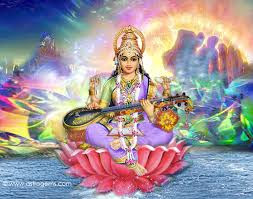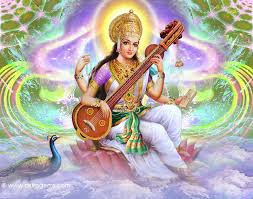What is Knowledge : Ch-2. Part-27.

Chapter-2. The Necessity to Understand What Real Knowledge Is : Part-27. This is something very difficult, but unavoidable. You cannot miss it, because all meaning – any meaning that can be anywhere in anything in life – is the meaning of this knowledge, which nobody can gainsay. Nobody can say "I do not want it" and nobody can say "I do not understand." You have to understand, if you have to live. Otherwise, you will find yourself in a condition where you will be forced by the powers of nature to learn by the instruments of pain, which it can inflict upon you. Education need not necessarily be painful. We learn things by pain also, but why should we learn only by pain? Is there no other way of knowing? Can you not know things by being good and humble and receptive? Do you want to be beaten up and kicked aside, and then learn lessons? If you are not going to be humble and intelligently receptive to the necessity for a true educat









